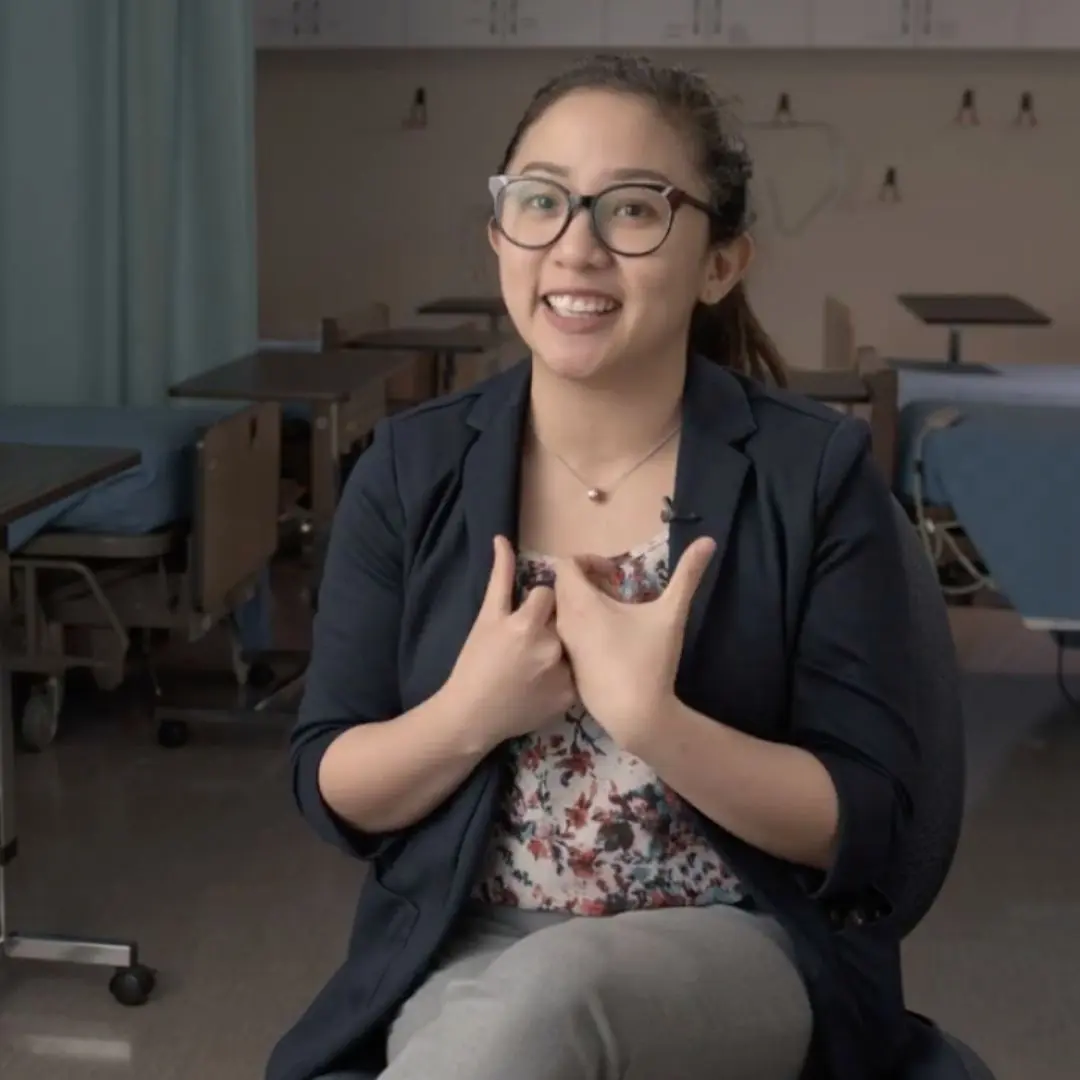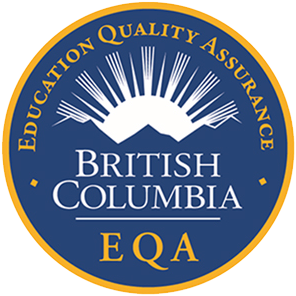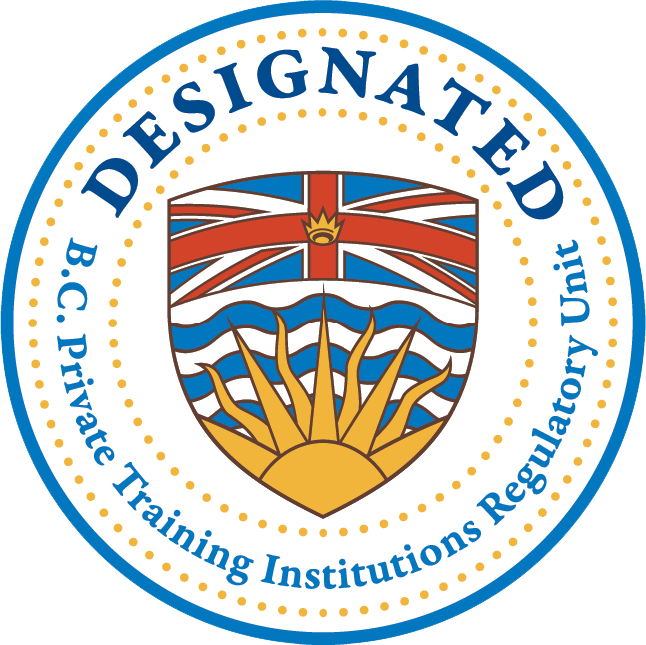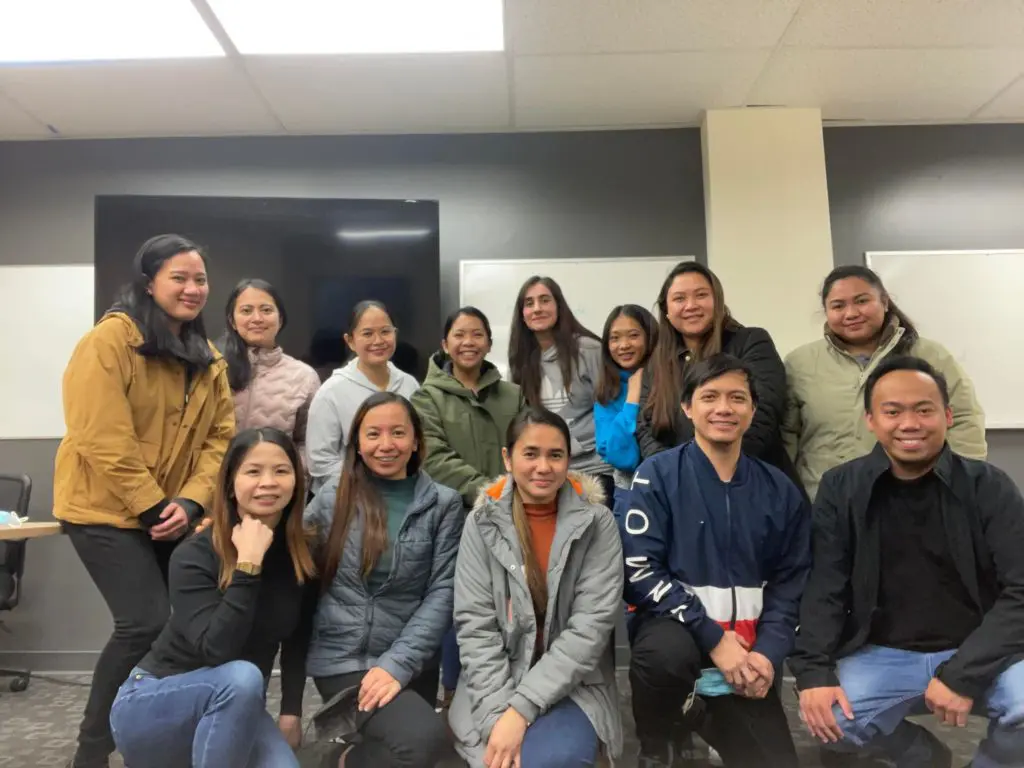PLEASE NOTE:
Our Post Graduate Diploma in Canadian Nursing is no longer accepting new or future applications. We invite you to learn about our 39-week Health Care Assistant program. Please click here to learn more.
About the Career
The Post-Graduate Diploma in Canadian Nursing prepares students to become Registered Nurses (RN), Licensed Practical Nurses (LPN), and Health Care Assistants (HCA). Read below to learn more about each career.
What is the difference between a Registered Nurse and a Licensed Practical Nurse?
The British Columbia Ministry of Health explains:
“Both RNs and LPNs work autonomously within their professional scope of practice and level of competence, and as part of a collaborative team, to support safe, competent and ethical care for patients, families, and communities. Although both RNs and LPNs take similarly titled foundation courses, there is a difference in both the depth and breadth of knowledge covered, in the competencies developed, and expectations for clinical practice.
LPNs care for individuals at all life stages, with a focus on stable or predictable states of health. In specific settings, LPNs may be able to care for those with more complex care needs if they have additional education and/or training and/or supervision. As RNs have more comprehensive education, they have a more in-depth and broader knowledge base to draw upon in areas such as clinical practice, advanced clinical decision-making, and utilization of health research. RNs can provide care for any type of individual including those with complex, unstable or unpredictable conditions.” – pcnbc.ca
Registered Nurses
The Canadian Nurses Association provides the following definition of Registered Nurses (RNs): “RNs are self-regulated health-care professionals who work autonomously and in collaboration with others to enable individuals, families, groups, communities and populations to achieve their optimal levels of health. At all stages of life, in situations of health, illness, injury and disability, RNs deliver direct health-care services, coordinate care and support clients in managing their own health. RNs contribute to the health-care system through their leadership across a wide range of settings in practice, education, administration, research and policy.” -cna.ca
To learn more about the role of a Registered Nurse in Canada, visit nnpbc.com.
Licensed Practical Nurses
The British Columbia College of Nurses and Midwives provides the following definition of Licensed Practical Nurses: “LPNs are health care professionals. Most work as frontline nurses caring for a wide range of clients at all stages of life. LPNs provide nursing services ranging from health promotion, to acute care, to long-term and palliative care.
LPNs work in collaboration with other members of the health care team. Their education and practice — while rooted in the same body of knowledge as other nurses — focuses on foundational competencies within the LPN scope of practice and standards.” – bccnm.ca
To learn more about the role of a Licensed Practical Nurse in Canada, visit nnpbc.com.
Health Care Assistants
The BC Care Aide & Community Health Worker Registry provides the following definition of Health Care Assistants: “Care aides and community health workers are also known as health care assistants or HCAs. They are frontline care providers in a variety of institutional and community settings including home support agencies and residential care facilities.
To be eligible to work as an HCA in any publicly funded health care setting in BC, applicants must be registered with the BC Care Aide & Community Health Worker Registry.” – cachwr.bc.ca





